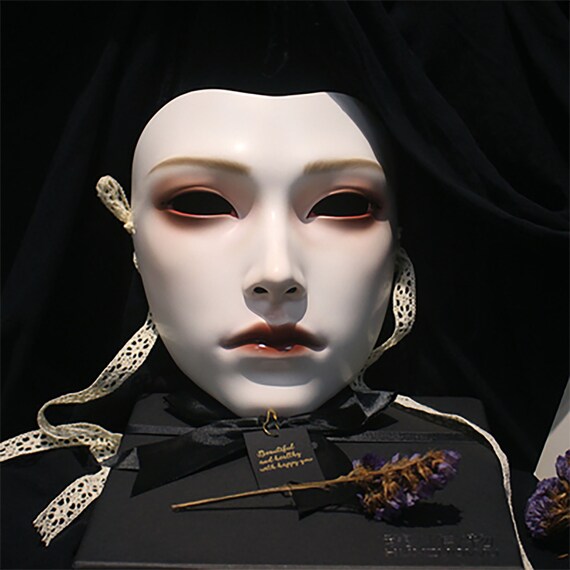A Deep Dive into the Artistry and Evolution of Hanfu Design
The allure of hanfu design lies in its intricate artistry and the rich cultural history it embodies. As a traditional Chinese attire, it has evolved over centuries, reflecting the changing aesthetics and social norms of its time. To truly appreciate the depth of hanfu design, one must look beyond the surface and delve into its origins, development, and the cultural significance it carries.

The Artistic Essence of Hanfu
Hanfu design is not merely a fashion statement; it is a canvas that paints the story of Chinese civilization. Each fold, seam, and embroidery carries a meaning that is deeply rooted in the country’s history. The traditional attire is characterized by its flowing silhouette, which is believed to symbolize the harmony between humanity and nature, a concept central to Chinese philosophy.

Evolution Through Dynasties
The evolution of hanfu design is a testament to the dynamic nature of Chinese culture. From the simplicity of the Han dynasty to the opulence of the Tang dynasty, each period has left its mark on the attire. The Ming dynasty, known for its rich and elaborate designs, saw the peak of hanfu design artistry, where intricate embroidery and luxurious materials were used to convey status and wealth.

Cultural Significance and Modern Revival
The cultural significance of hanfu design extends beyond its aesthetic appeal. It serves as a bridge between the past and the present, allowing contemporary individuals to connect with their heritage. The modern revival of hanfu design is a movement that not only celebrates the beauty of traditional attire but also promotes cultural pride and identity.

The journey of hanfu design is a fascinating exploration of the interplay between art, history, and culture. As we continue to witness its resurgence in modern society, it is essential to preserve and appreciate the artistry and evolution of this timeless attire. The revival of hanfu design is not just about wearing a piece of clothing; it is about embracing a legacy that has shaped the essence of Chinese identity.







